Heating
New Furnaces
At DANBRIO, we specialize in the installation of high-efficiency furnaces to keep your home warm and comfortable during the coldest months. Our expert team will help you choose the right furnace size and model to meet your heating needs while maximizing energy efficiency. With professional installation, you can count on reliable, consistent heating and lower energy bills.
Whether you're replacing an old system or installing a new one, DANBRIO ensures top-quality service, so you stay cozy all winter long. Trust us for a seamless installation and a furnace that delivers warmth, comfort, and energy savings.
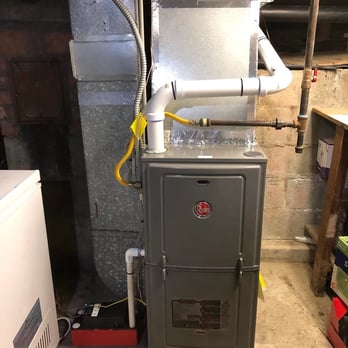
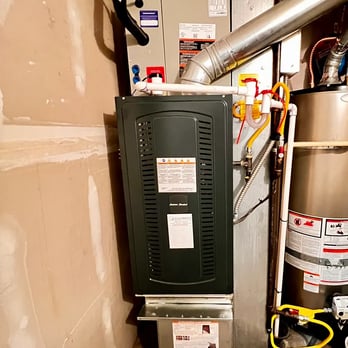
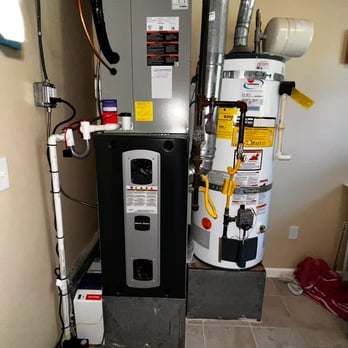
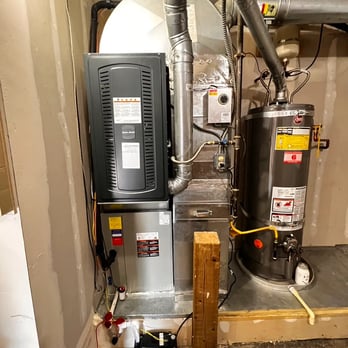
Types of Furnaces
There are several types of furnaces that can be installed in residential and commercial settings, with the main difference being the fuel source and heating method. Here are the most common types of furnace installations:
ELECTRIC FURNACE
Uses electricity: Converts electrical energy into heat.
Less expensive installation: Electric furnaces tend to have lower upfront costs compared to gas furnaces.
Higher operating costs: Electricity is typically more expensive than gas, making it a less economical choice in the long run.
OIL FURNACE
Uses heating oil: Common in areas where natural gas is not available.
High heating output: Oil furnaces generate a lot of heat, making them suitable for colder climates.
More maintenance: Requires more upkeep than gas or electric furnaces.
*At this stage we cannot assist with maintenance or installation for the Oil Furnaces.
PROPANE FURNACE
Uses propane gas: A good alternative in rural or off-grid areas.
Similar to natural gas: Propane furnaces operate similarly to natural gas furnaces but require a propane tank for storage.
Efficient: Can be a cost-effective solution in areas where natural gas isn’t available.
DUAL-FUEL FURNACE
Hybrid system: Combines a gas furnace with an electric heat pump.
Optimizes energy use: The system switches between the gas furnace and the electric heat pump depending on which is more energy-efficient based on outside temperatures.
Cost savings: Ideal for areas with fluctuating climates.
HIGH-EFFICIENCY FURNACE (Condensing Furnace)
Uses a secondary heat exchanger: These furnaces extract more heat from the exhaust gases, making them more efficient than traditional models.
Higher AFUE ratings: Typically 90% or higher.
Environmentally friendly: Reduces energy consumption and greenhouse gas emissions.
Each type of furnace has its pros and cons, depending on factors like energy availability, climate, and budget. When selecting a furnace, it's important to consider your home’s size, your climate, and your long-term heating needs to choose the most efficient system.
GAS FURNACE
Most common type: Uses natural gas or propane to generate heat.
Energy-efficient: Modern gas furnaces have high Annual Fuel Utilization Efficiency (AFUE) ratings.
Cost-effective: Generally cheaper to operate if natural gas is available in your area.


Heating Repairs
Heating system repairs are essential to maintaining a warm and comfortable home, especially during the colder months. Whether your furnace isn’t producing enough heat, is making strange noises, or has stopped working altogether, timely repairs can prevent more costly issues down the road. Professional technicians can quickly diagnose and fix problems, ensuring your heating system runs efficiently and reliably.
Regular maintenance and prompt repairs help extend the lifespan of your heating system and keep your home cozy throughout the winter season.
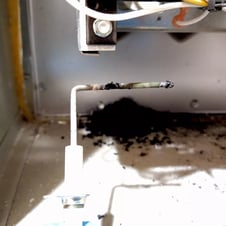
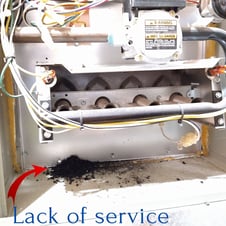
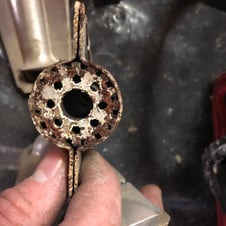
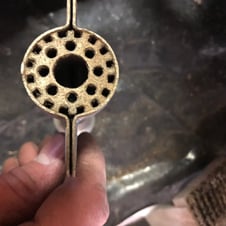
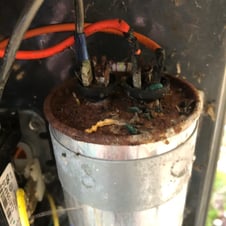
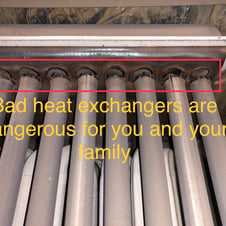
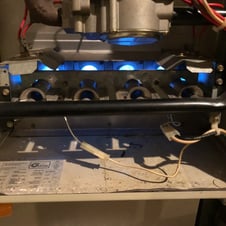
Furnace Repairs
When your heat furnace breaks down, it can leave you feeling cold and uncomfortable. Don't worry, help is just a phone call away. We offer fast and reliable heat furnace repair services to get your home warm again. Our experienced technicians can diagnose and fix a wide range of problems, from simple repairs to complex installations. We also offer preventative maintenance services to help keep your furnace running smoothly all year round.
So, if you need heat furnace repair, give us a call today.

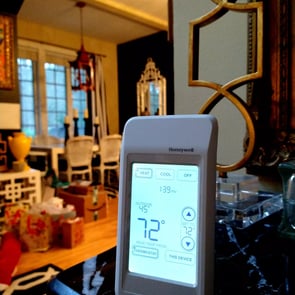
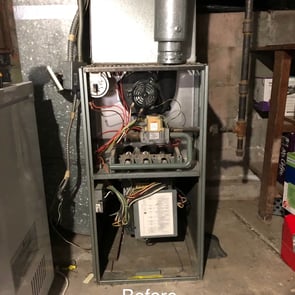

Heat Pumps
A Heat Pump is a device that transfers heat from one place to another, typically used for heating or cooling the space. It operates on the principle of moving heat against its natural flow. In heating mode, it extracts heat from the outside air and transfers it indoors. In cooling mode, it works like an air conditioner, removing heat from the indoor air and releasing it outside.
Heat pumps are energy-efficient because they move heat rather than generate it, making them a more sustainable option compared to traditional heating systems like furnaces. The heat pump system still requires an indoor gas or electric furnace for airflow distribution through supply vents.
About Heat Pump Efficiency & Benefits
Heat pumps offer a more efficient and sustainable way to heat your home. By extracting heat from the environment, rather than burning fossil fuels, heat pumps can reduce your carbon footprint and lower energy bills. They work in all seasons, providing both heating and cooling, making them a versatile solution for year-round comfort. While the initial cost may be higher than traditional heating systems, the long-term savings and environmental benefits make them a worthwhile investment.
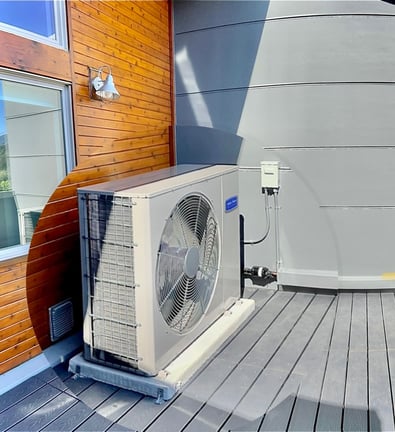

Install Service / Repairs
We provide professional installation and repair services for heat pumps. Our experienced technicians ensure seamless installation, optimizing your system for maximum efficiency. Should any issues arise, we offer prompt and reliable repair services to keep your heat pump running smoothly. With our comprehensive services, you can enjoy the benefits of a well-maintained heat pump all year round.
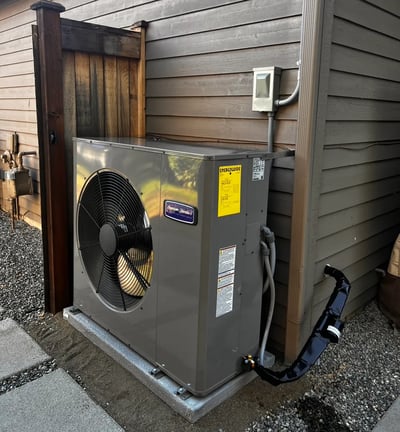

New Heat Pumps
Provide a general summary of the services you provide, highlighting key features and benefits for potential clients.
Energy Efficiency Ratings Seer
The Seasonal Energy Efficiency Ratio (SEER) measures the cooling efficiency of air conditioners and heat pumps. A higher SEER rating1 indicates greater efficiency, meaning lower energy consumption and reduced electricity bills..
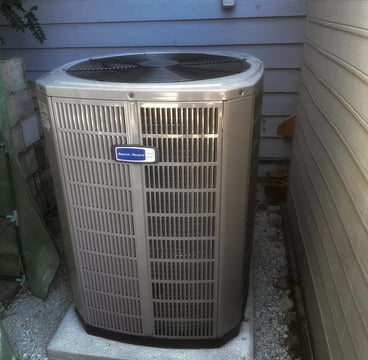

Equipment Setup Benefits
By investing in a new heat pump, you can enjoy a more comfortable, sustainable, and cost-effective living environment.


When choosing a new system, consider the following SEER ranges:
SEER 13-14: Good efficiency, suitable for most climates.
SEER 15-16: Excellent efficiency, ideal for warmer climates or those seeking significant energy savings.
SEER 17-18: Highest efficiency, best for regions with extreme heat or for those prioritizing maximum energy savings.
Remember, while a higher SEER rating generally translates to lower operating costs, it's important to factor in the initial purchase price and your specific climate conditions when making a decision.
Energy Efficiency: Heat pumps extract heat from the environment, significantly reducing energy consumption compared to traditional heating systems.
Cost Savings: Lower energy bills due to increased efficiency and potential government incentives.
Environmental Friendliness: Reduced carbon emissions and a smaller environmental footprint.
Year-Round Comfort: Heat pumps provide both heating and cooling, ensuring comfortable temperatures throughout the year.
Improved Air Quality: Some heat pumps have built-in air filtration systems, improving indoor air quality.
Increased Property Value: A modern, energy-efficient heat pump can enhance the value of your home.


